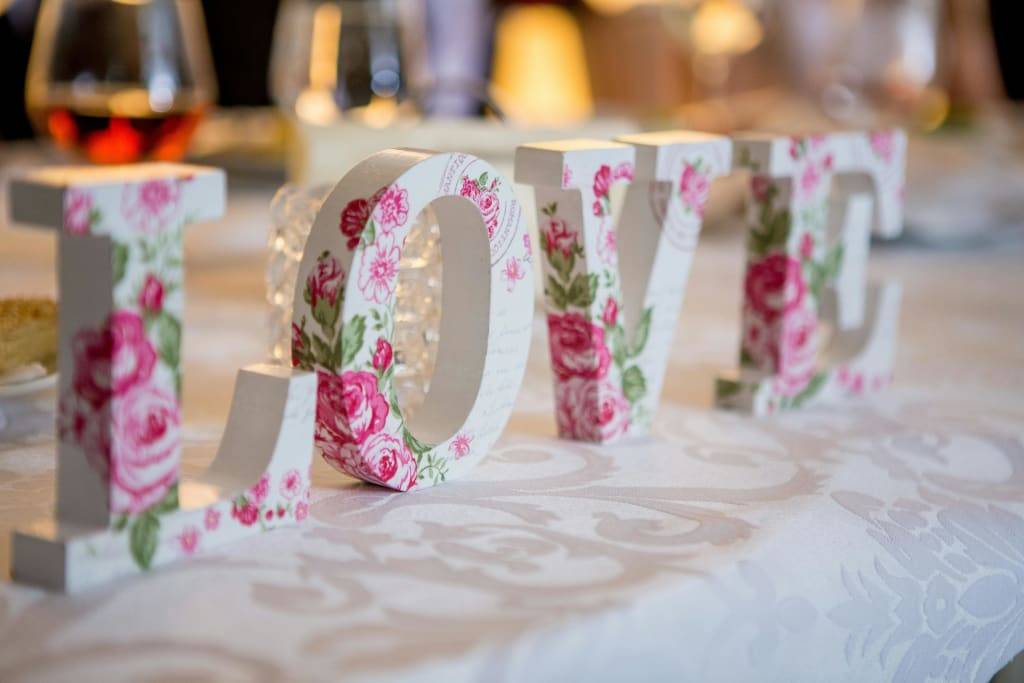The Power of Knowing Your Love Language
We all express and receive love differently. Some people feel most cherished through words of affirmation, while others value acts of service or physical touch. Understanding your love language - and that of your partner - can transform relationships, fostering deeper connection and reducing misunderstandings.
What Are Love Languages?
Developed by Dr. Gary Chapman in his 1992 book The 5 Love Languages, this concept identifies five primary ways people give and receive love:
Words of Affirmation – Verbal appreciation, compliments, and encouragement.
Acts of Service – Actions that ease burdens, like cooking a meal or running errands.
Receiving Gifts – Thoughtful presents that symbolize care.
Quality Time – Undivided attention and meaningful conversations.
Physical Touch – Affectionate gestures like hugs, holding hands, or cuddling.
While most people appreciate all five to some degree, one or two usually stand out as their primary love languages.
Why Knowing Your Love Language Matters
Miscommunication in relationships often stems from mismatched expectations. If your partner values acts of service but you keep expressing love through gifts, they might feel unappreciated despite your efforts. Recognizing these differences helps you tailor your affection in ways that truly resonate.
Research supports this idea. A 2010 study published in the Journal of Couple & Relationship Therapy found that couples who understood and spoke each other’s love languages reported higher relationship satisfaction.
How to Discover Your Love Language
Reflect on Past Complaints – Have you often said, “You never spend time with me?†Quality time might be your love language.
Notice What You Request Most – Do you ask for hugs or verbal reassurance frequently?
Take the Official Quiz – Chapman’s website offers a free assessment to pinpoint your preferences.
Applying Love Languages in Relationships
Once you know your partner’s love language, small, intentional efforts can make a big difference:
If their language is words of affirmation, leave a heartfelt note or send an encouraging text.
For acts of service, take on a chore they dislike without being asked.
If they value receiving gifts, surprise them with something meaningful - it doesn’t have to be expensive.
For quality time, plan a distraction-free date night.
If physical touch is key, offer more hugs or casual touches throughout the day.
The Pitfalls to Avoid
Assuming Your Partner Shares Your Love Language – Just because you feel loved through gifts doesn’t mean they do.
Neglecting Non-Primary Languages – While focusing on their main language, don’t ignore the others completely.
Using It as a Weapon – Saying, “You never speak my love language!†can sound accusatory. Instead, frame it as a learning opportunity.
Beyond Romantic Relationships
Love languages aren’t just for couples - they apply to friendships, family dynamics, and even workplace relationships. A parent might bond with a child through quality time, while a coworker might appreciate words of affirmation for their hard work.
Final Thoughts
Understanding love languages isn’t about mind-reading - it’s about learning to communicate care in a way the other person truly feels. When both partners make the effort to “speak†each other’s language, relationships flourish.




No comments yet
Be the first to share your thoughts!